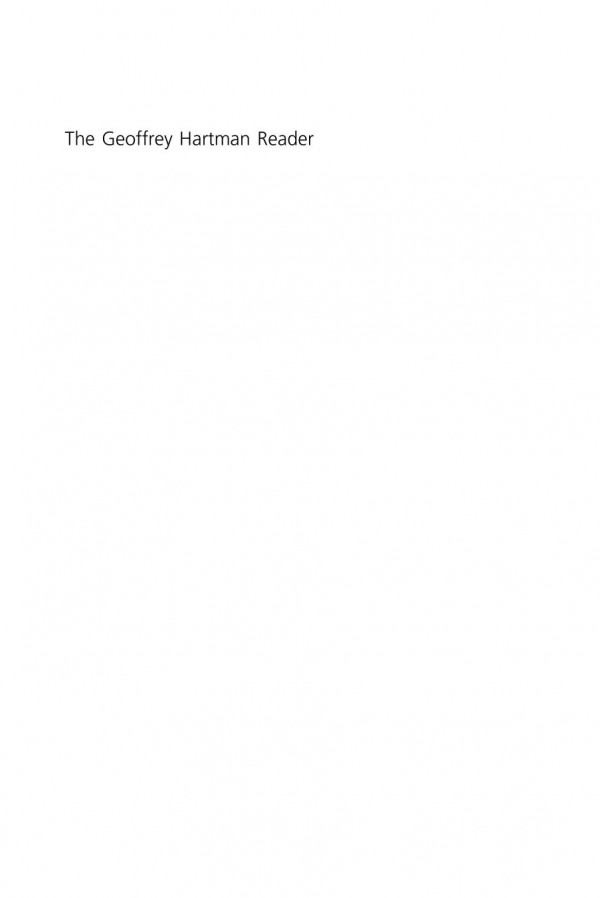

Most ebook files are in PDF format, so you can easily read them using various software such as Foxit Reader or directly on the Google Chrome browser.
Some ebook files are released by publishers in other formats such as .awz, .mobi, .epub, .fb2, etc. You may need to install specific software to read these formats on mobile/PC, such as Calibre.
Please read the tutorial at this link: https://ebookbell.com/faq
We offer FREE conversion to the popular formats you request; however, this may take some time. Therefore, right after payment, please email us, and we will try to provide the service as quickly as possible.
For some exceptional file formats or broken links (if any), please refrain from opening any disputes. Instead, email us first, and we will try to assist within a maximum of 6 hours.
EbookBell Team

0.0
0 reviewsWinner of the 2006 Truman Capote Prize for Literary Achievement
Geoffrey Hartman's interests range over almost the entire field of contemporary literature and culture. In this, the first Reader of his work, significant essays reflect his abiding interest in English and American poetry, focusing not only on Romanticism but also on the transition from early modern to modern and including reflections on the radical elements in artistic representation.
Hartman, whose book on Wordsworth changed our understanding of that poet, brings theory and close reading together. A major consideration of Freud is accompanied by intensive analyses of Lacan and Derrida, and a psychoesthetic theory of literary genesis is proposed. Popular literature is examined through the American detective novel; Jane Austen, Virginia Woolf, and Bernard Malamud are brought together in an examination of realism; the premodern mode of midrashic interpretation is reintroduced to literary study; and major trends in criticism, including trauma studies, receive attention.
Hartman's assessment of the media revolution and cultural studies is represented by shorter pieces of film criticism as well as his classic essays on 'Public Memory and its Discontents' and 'Tele-Suffering and Testimony' - the latter also describes a pioneering effort to collect on video the experiences of Holocaust survivors.
This anthology is both highly readable and, because of its range and intellectual vigour, essential for all those concerned with the fate of the humanities and the future of literary criticism.
Features